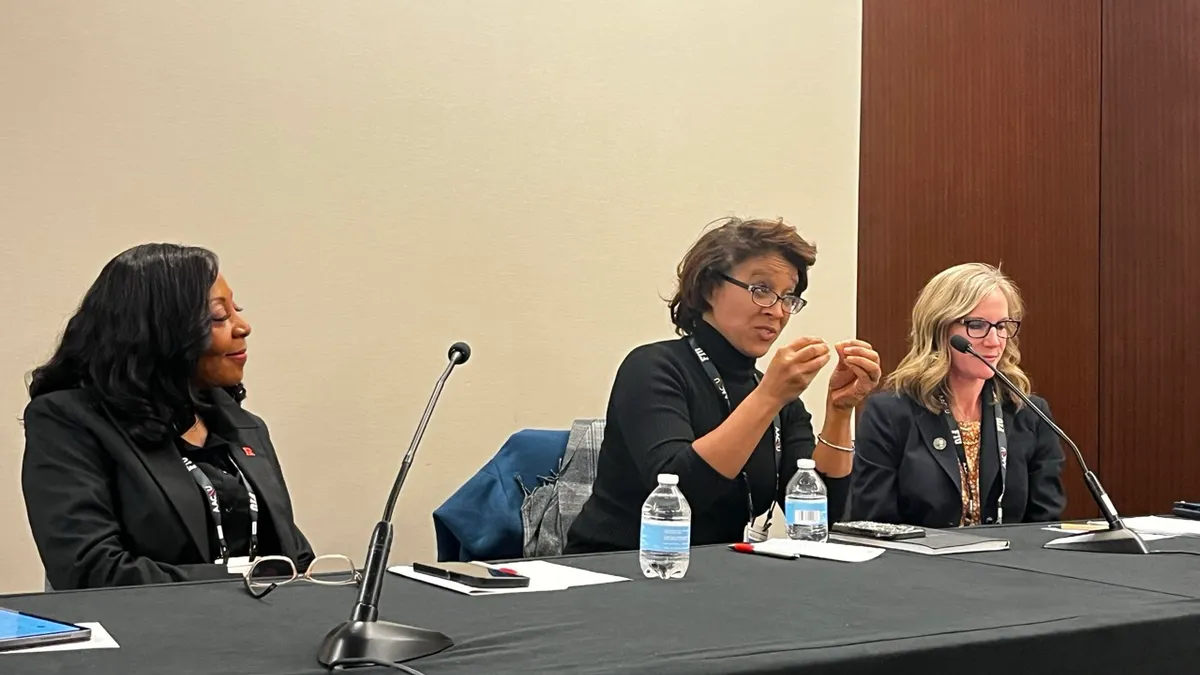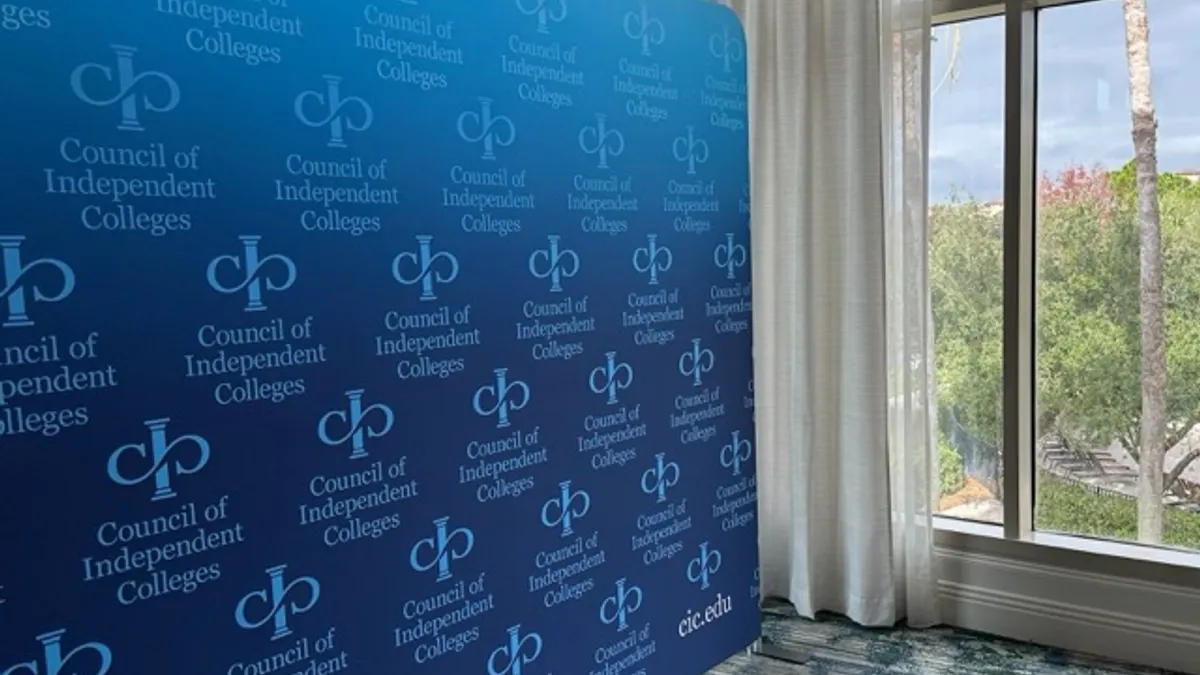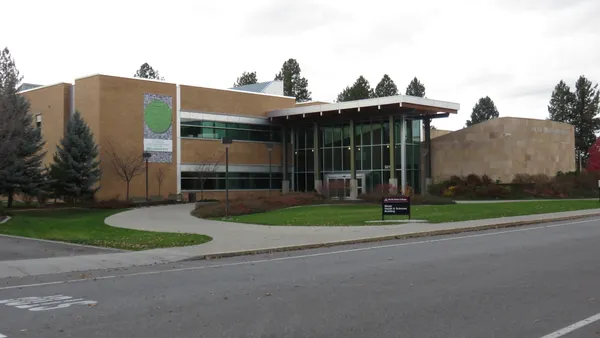Dive Brief
- A new and "unorthodox" chancellor at the helm of the troubled Pennsylvania State System of Higher Education, or Passhe, is exploring ways to tackle a number of issues its 14 institutions are facing, including diminished state funding, declining enrollment and a crowded field of colleges in the state competing for students, The Chronicle of Higher Education reported.
- A trained historian, Daniel Greenstein worked on shaping higher education policy at the Bill & Melinda Gates Foundation before taking on his new role where he is expected to deal with the system's smallest student body in more than a decade. Since 2010, enrollment has declined by 18%. Meanwhile, Pennsylvania is ranked nearly last among states based on per-capita support for higher education.
- Greenstein may move toward the concept of a "sharing university," in which the system's campuses would share as many resources, programs and services as possible with one another while still keeping their individual identities.
Dive Insight:
The problems Passhe and other Pennsylvania colleges face are not unique in higher education. Undergraduate enrollment has fallen nationwide, and state funding has been cut by an inflation-adjusted $7 billion-plus since the Great Recession.
Along with these familiar issues, Pennsylvania is home to nearly 50 public four-year campuses, resulting in more competition among public colleges there than in other states with similarly sized populations, The Chronicle noted.
Two reports have suggested overhauls to the Passhe system to keep it viable, with one calling for the replacement of its board of governors with a board of regents comprising lay members and implementing faster program review, and the other report recommending merging some campuses or placing them under the tent of other state universities such as Penn State, the Pittsburgh Post-Gazette reported.
Georgia has been a leader in using consolidation as a cost-savings measure, with the state announcing last year that the University System of Georgia would merge two sets of colleges and universities in order to decrease institutional spending and improve student outcomes, though some students and faculty said they felt blindsided by the decision.
The model Greenstein is fond of, a "sharing university," is one of five approaches to the future of higher education spelled out last month in a report from Deloitte that explores possible structures for public universities that could help them contend with less state funding and avoid tuition increases.
This model is similar to an approach the University of Maine System took to pool resources among seven colleges and set up a central administrative structure to drive shared goals to shed costs and foster collaboration.
The problems Greenstein is tasked with confronting are familiar to other college presidents. These sorts of economic pressures may be one factor causing today's college leaders to leave the job sooner than their predecessors.













